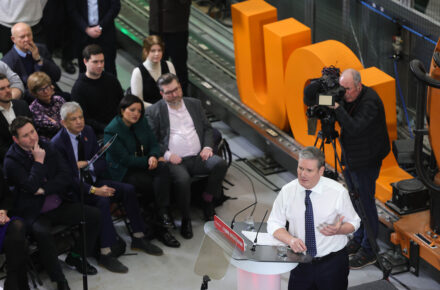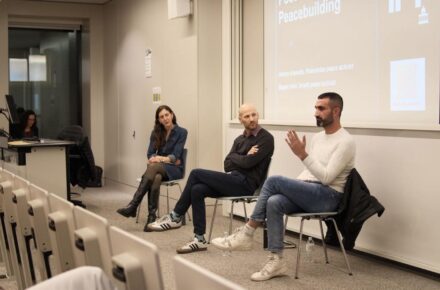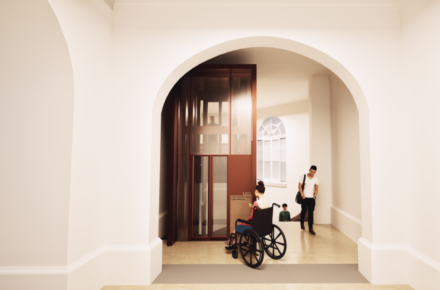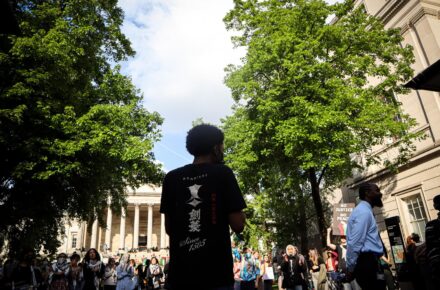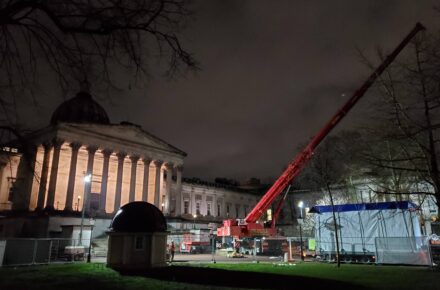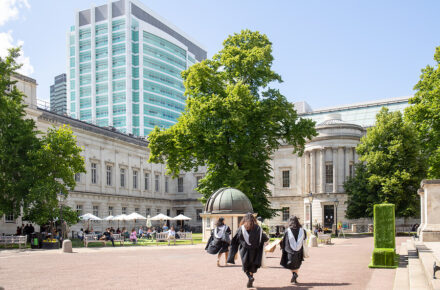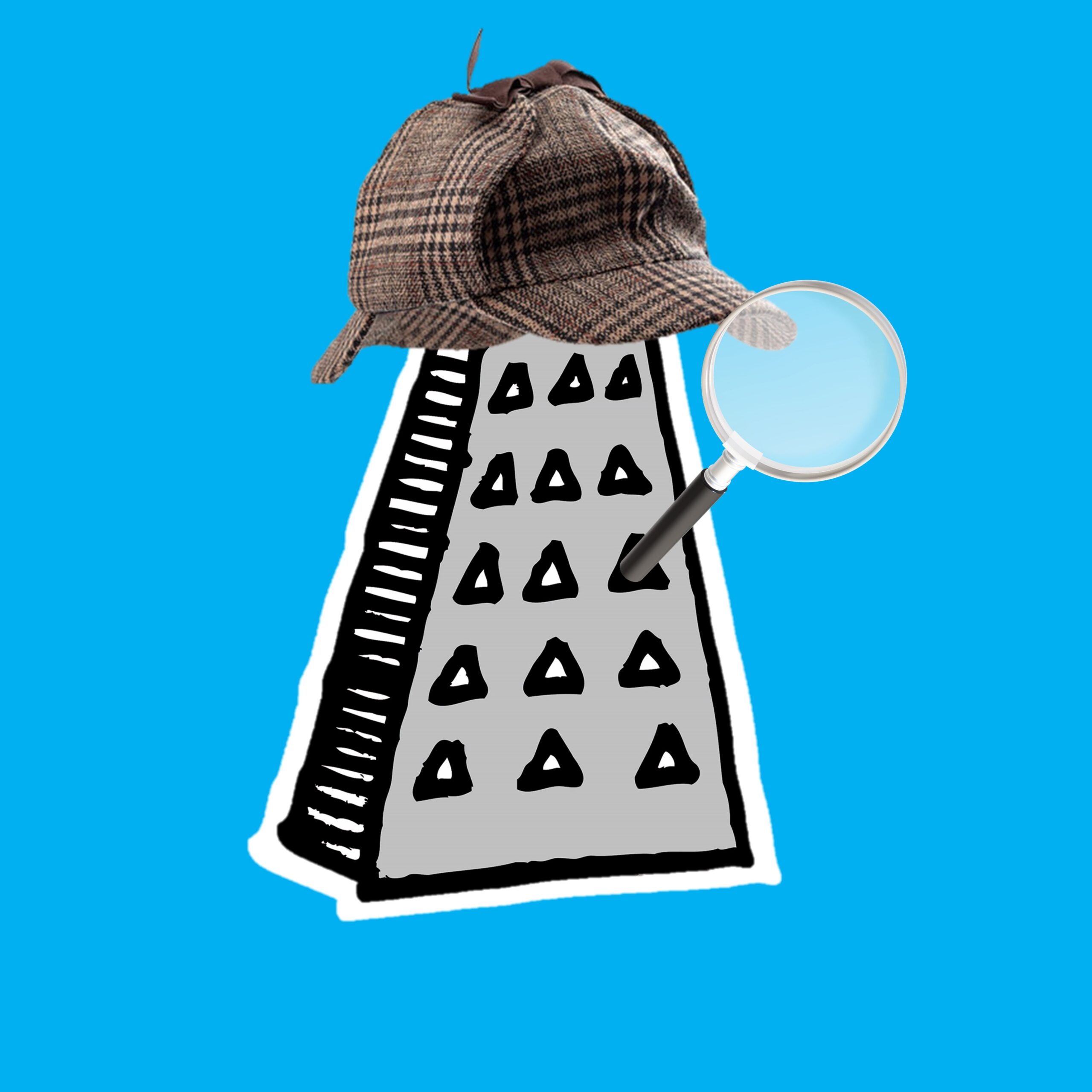

A staff-led petition raised serious concerns about the fate of three endangered trees in the Main Quad that are set to be chopped down as part of the ongoing works.
The ginkgo trees have stood in the Quad for over four decades and are “a valuable amenity for the UCL community, not least for wellbeing purposes”, the petition read.
It added the University’s own ecological impact assessment, which estimated a 3.23% habitat loss from the felling of the trees, was “not comprehensive”.
It said: “UCL staff can testify [that] many more species of migratory birds, insects and grassland plants” would be impacted by the loss of the Quad’s signature trees.”
Ginkgo trees are classed as “endangered” by the ICUN Red List of Threatened Species.
Whilst the Quad’s redesign plans propose the planting of new trees and shrubbery, mature ginkgo trees are not included in such proposals, leading to claims that the UCL200 project is failing to address staff concerns about the impact of the redesign on biodiversity.
A UCL staff member close to the UCL200 project told The Cheese Grater: “I fully support the much-needed improvements to the Quad, particularly improving accessibility.
“However, felling healthy, mature trees seems completely unnecessary when the design could have been adapted around them.”
They added: “It’s ironic that the trees were planted at the time of the last major improvements to the Quad, in between the stone cleaning of 1979-1980 and the closure to complete the Gower Street frontage in 1983-85 – but have become a casualty of these improvements.”
Others too are concerned, with one student on a society group chat claiming “this school is insane” and branded the felling of the ginkgo trees as “disgusting”.
The Union said the redesign of the Quad will improve biodiversity and “hugely benefit” student life, though it seems to be the case that this will come at the cost of the pre-existing icons of biodiversity in Bloomsbury.
The petition asked UCL to revisit the plans of the Quad’s redesign to incorporate the ginkgo trees rather than remove them and requested that a clear decision on the future of the trees be communicated to the UCL community by 31 January.
A UCL spokesperson described the works to transform the Quad and the Cloisters as “essential” to bring about long-term improvement to those spaces, particularly with regards to accessibility, based on consultation feedback.
They added: “Biodiversity has been a key consideration throughout the planning process, in consultation with academics from the Bartlett and sustainability experts.
“The proposed design includes an additional planting of nine trees to increase the area’s total to 26.
“We have been actively seeking feedback from our community throughout the process and hear the thoughts raised regarding the ginkgo trees which we are seeking expert advice on and will respond to following consideration.”
This article appeared in CG89

